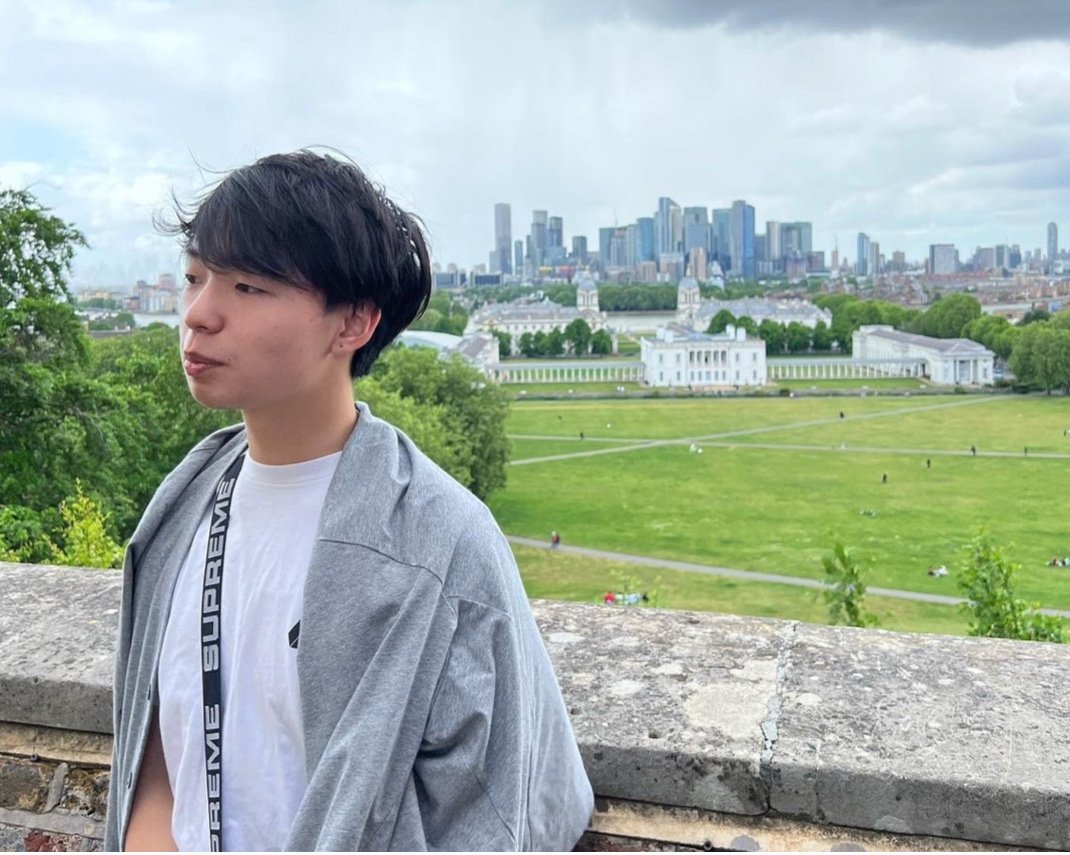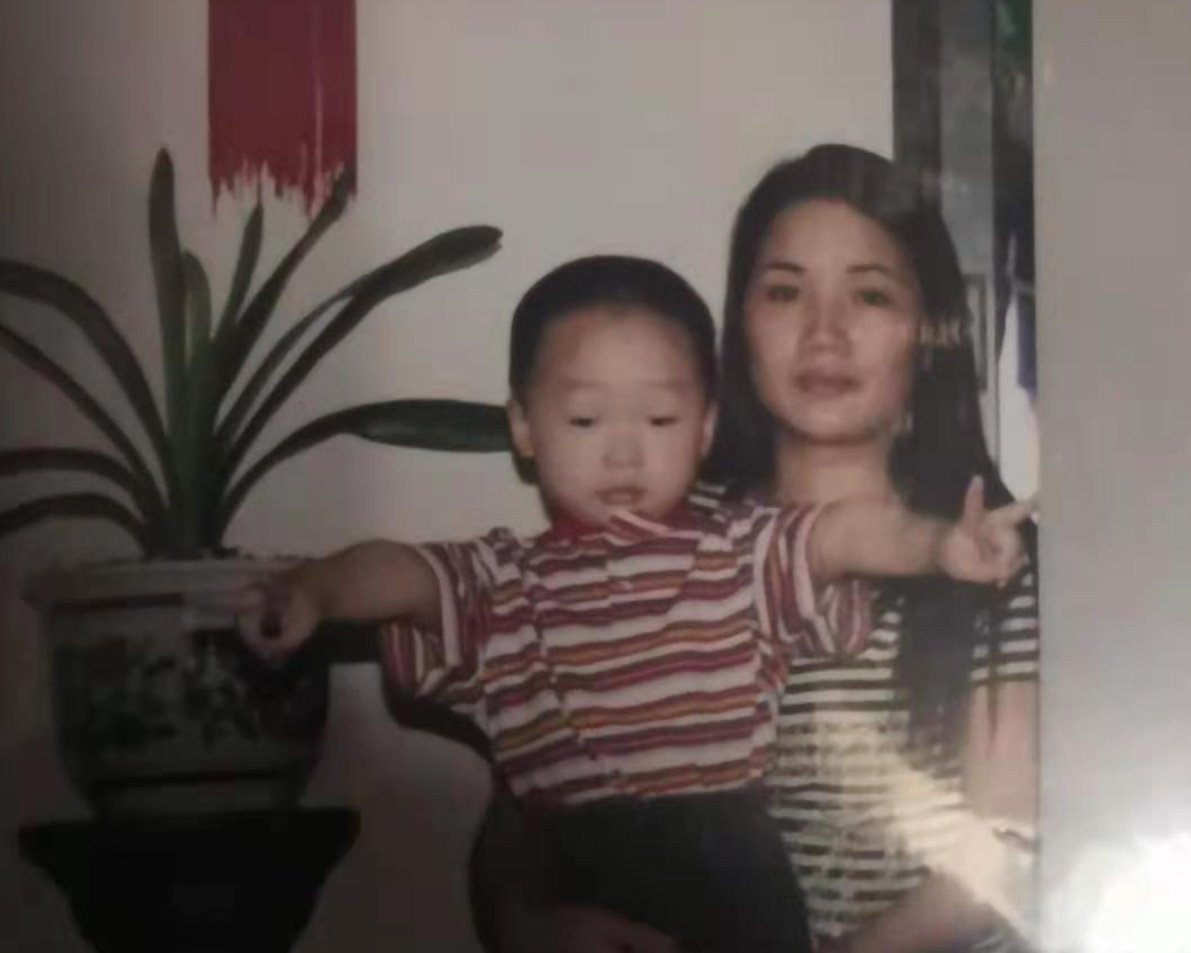“Don’t try to be someone you are not. You need to fit in your own group of people.”
Story 32, Anthony Lin, first-generation Chinese-American
Interview conducted and story written by Amanda Wu
Edited by Veronica Deckard
As a first-generation Chinese-American, Anthony Lin said, “it’s hard to fit into either one of the categories.” However, Lin learned to integrate Chinese ideologies into the American lifestyle.
“It’s hard to be seen as a true American with different family backgrounds,” Lin said.
Born into a family that immigrated from China, Lin never saw himself as Americanized. However, given that English is his first native language and that he attended school in the U.S., it’s also difficult for him to fit into the Chinese community. Lin grew up observing a tremendous gap between his family and American society.
Living in a Chinese enclave in New York City, Lin’s parents had little to no interaction with the English-speaking community.
“They don’t need to learn English,” Lin said. Everyone in the neighborhood speaks Chinese, and there were even translators in Chinatown and government offices.
With his family in NYC, Lin received a traditional Chinese education. While attending school in the U.S., he learned about America. He was exposed to American culture and values. Lin shared similar culture and family background with many of his peers. Navigating the U.S. largely on their own, they had similar experiences balancing cultural background and social identity. Balancing Chinese and American values also plays a major role in Lin’s experiences.
He learned to balance grades and after-school activities. Lin also learned to speak up while being careful about his words to avoid potential conflicts.
“We tend to be more careful and defensive to protect ourselves,” Lin said. He brought Chinese values of peace and tolerance into his American way of living.
Even though he lived in China for two years in his childhood, Chinese society had little lasting impact on him. Lin feels disconnected from the Chinese community. He said it is challenging to find topics of conversation. He also wished he had learned more Chinese in childhood, so he would be able to have deep conversations with his family members and Chinese-speaking friends.
Lin never felt fully immersed in American culture either. Even though he spent most of his life in the U.S., Lin still experienced cultural differences from some of his peers.
“What shaped me are my family, school, and friends,” Lin said. If family and school symbolize two cultural systems he was exposed to, friends are the group of people that brings Lin’s identities together.
Lin said he felt most comfortable among those with similar backgrounds. He enjoys being with people who value both American and Chinese norms. He is also comfortable living in an environment with a diverse group of people. It is in these communities that he feels most empowered to be himself.
“Don’t try to be someone you are not,” Lin said. “You need to fit in your own group of people who share the same experience as you.”


